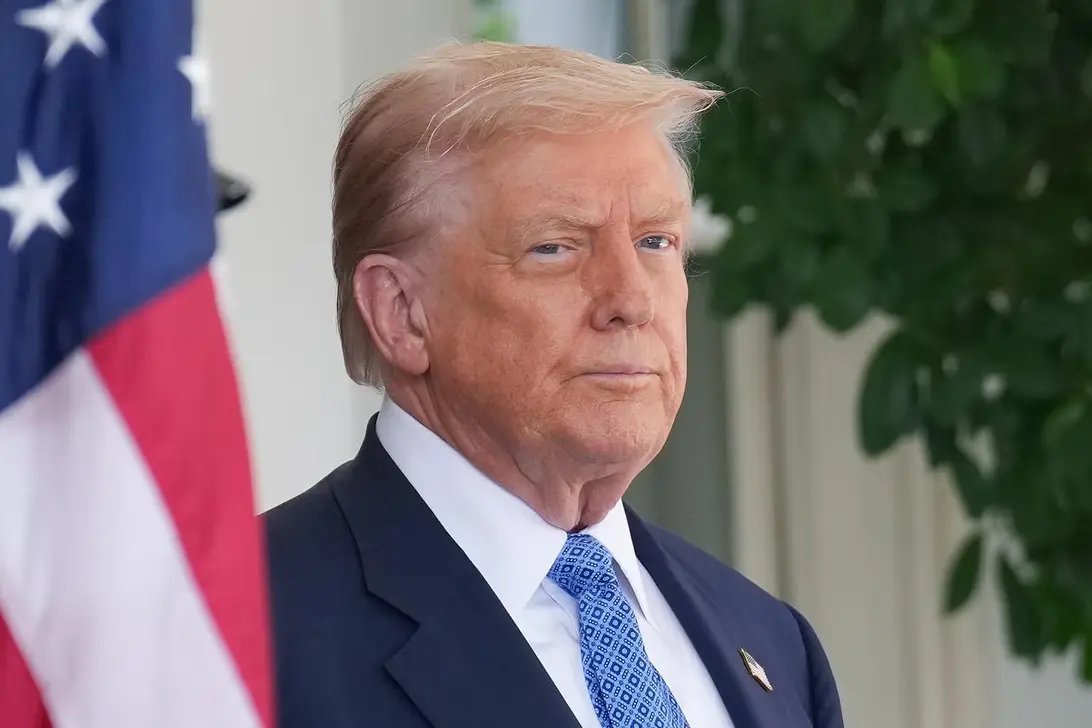T4K3.news
India and China resist Trump's sanctions on Russian oil
Both nations challenge new US tariffs amid growing geopolitical tensions.
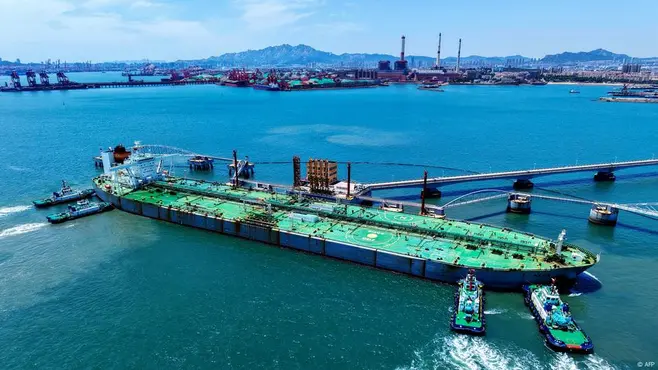
China and India respond to US sanctions on Russian oil purchases amid geopolitical tensions.
India and China challenge US sanctions on Russian oil
China and India continue to purchase Russian oil despite US President Donald Trump's threats of secondary sanctions. These sanctions target countries conducting business with sanctioned nations, such as Russia. China became the largest importer of Russian oil in 2022, while India's imports increased dramatically. India's oil purchases from Russia rose nearly 19-fold since 2021, reaching 1.9 million barrels a day. Trump's sanctions may add a 25% tariff on Indian goods in retaliation, which India has labeled as unjust. Observers predict that if Russia's significant oil volume is removed from the global market, it could lead to a surge in oil prices and inflation, particularly affecting the US and India. Furthermore, analysts suggest that while India must navigate these challenges, China's vast trade with the US may afford it some protection from similar sanctions.
Key Takeaways
"India has labeled the new tariffs 'unfair, unjustified and unreasonable.'"
India's response to the proposed tariffs reflects its strong stance against US pressures.
"Secondary sanctions threaten Indian companies' access to the US financial system."
This highlights the risks faced by Indian businesses due to geopolitical tensions.
"It may take Indian firms up to a year to cut their reliance on Russian oil."
The timeline reflects the difficulties India faces in changing its energy supply.
"Russia's military spending is now exceeding 6% of GDP due to sanctions."
This statistic illustrates the severe economic impact of international sanctions on Russia.
The increasing friction between the US, India, and China marks a significant geopolitical pivot. While India has benefitted from discounted Russian oil, potential sanctions pose a risk to its energy security and economic stability. China's robust economic ties with the US could allow it to sidestep stricter sanctions, while India, lacking comparable leverage, finds itself in a precarious position. Importantly, the economic repercussions of these tensions could reverberate globally as rising oil prices threaten inflation across numerous economies. This situation underscores the complexities of international trade amid broader political maneuvers and energy dependencies.
Highlights
- Trump's sanctions could reshape global oil markets.
- India faces tough choices in its energy security.
- China's economic scale gives it leverage over sanctions.
- Rising oil prices may drive inflation worldwide.
Potential economic repercussions from US sanctions
The looming tariffs and sanctions on Russian oil could significantly impact both India's economy and global oil markets. High energy prices may drive inflation, intensifying economic pressures globally.
The dynamics of international energy trade are shifting as countries navigate sanctions and economic pressures.
Enjoyed this? Let your friends know!
Related News
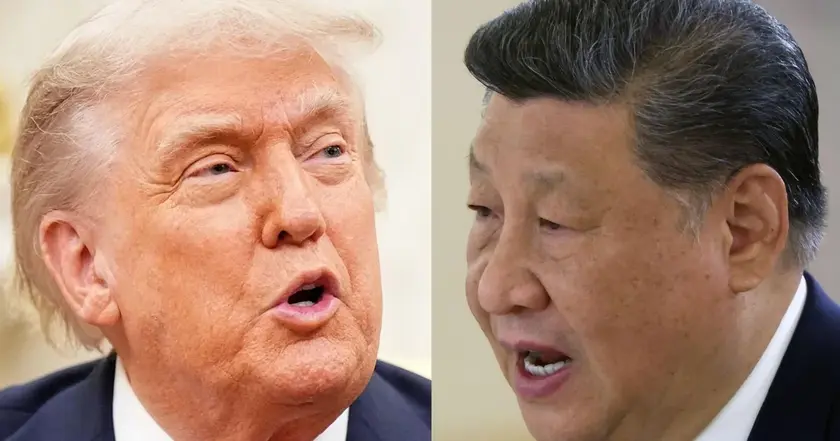
China reaffirms commitment to Russian and Iranian oil imports
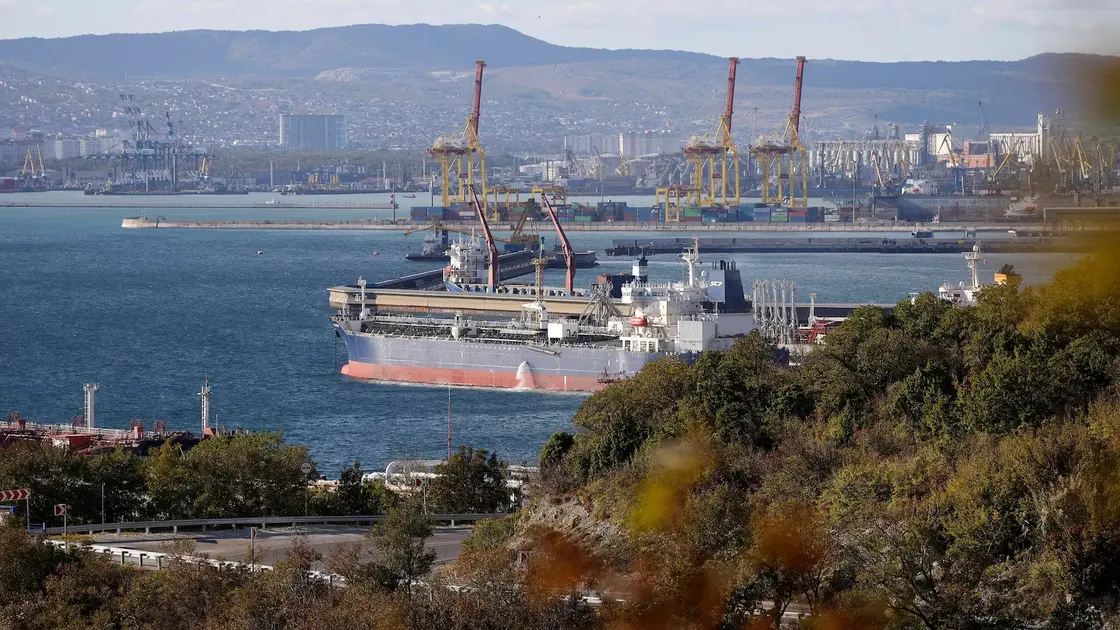
China refuses US oil purchase demands
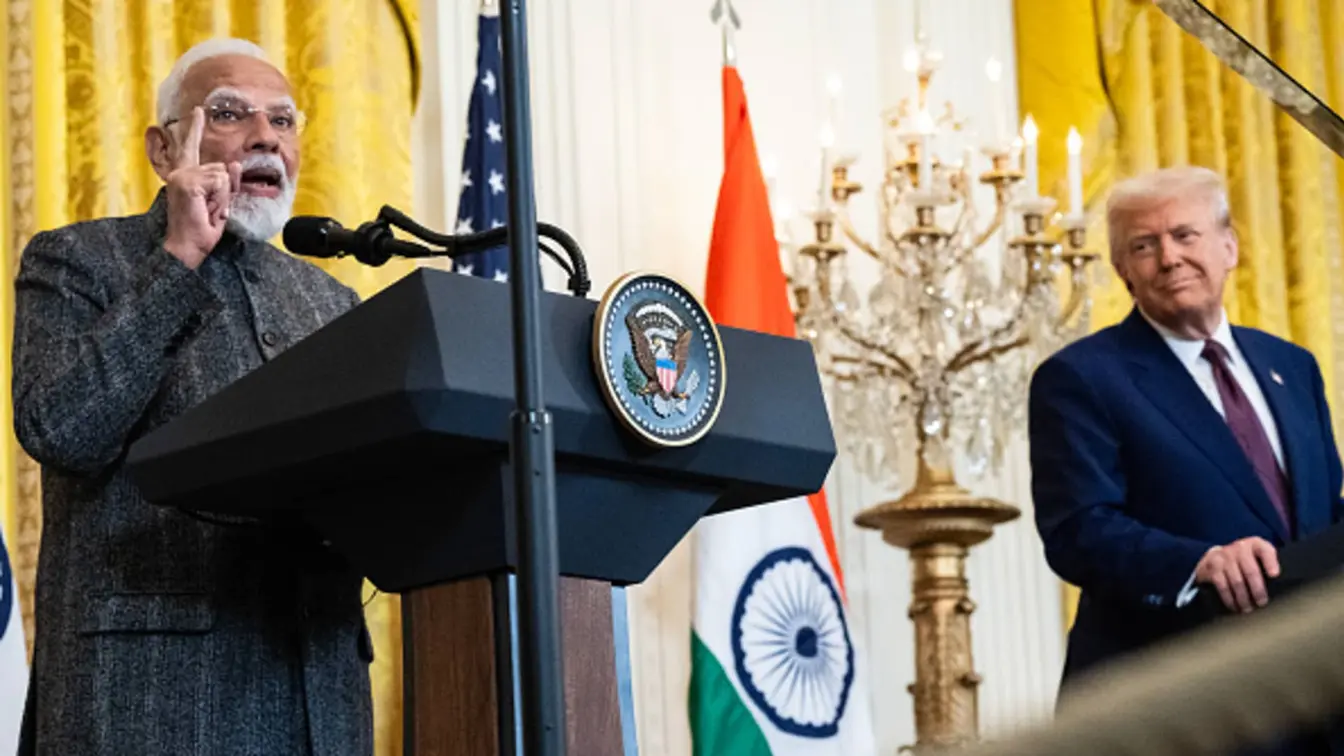
India resists U.S. tariff pressures

Trump urges China and India to stop buying Russian oil
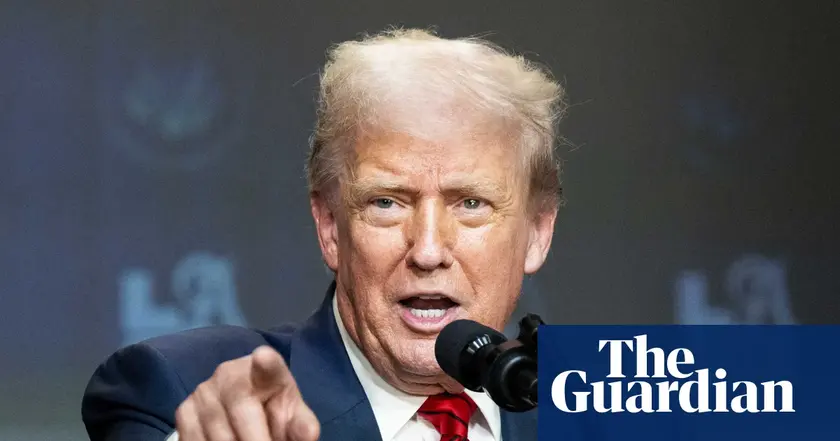
Trump's deadline for Russian ceasefire approaches
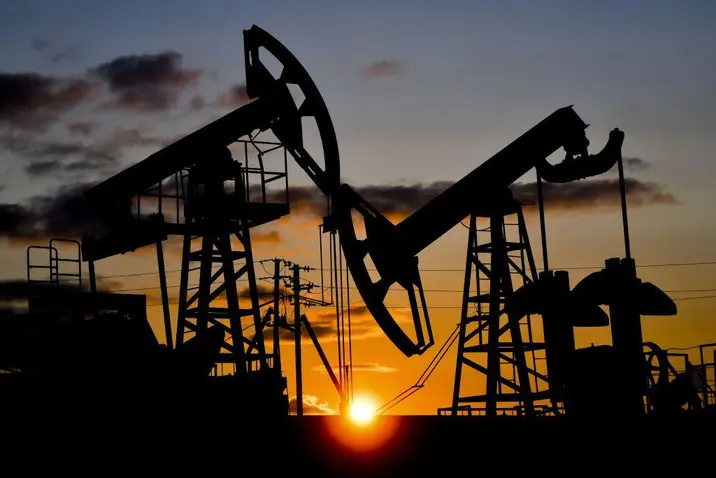
Russia shifts Urals oil to China after India tariffs
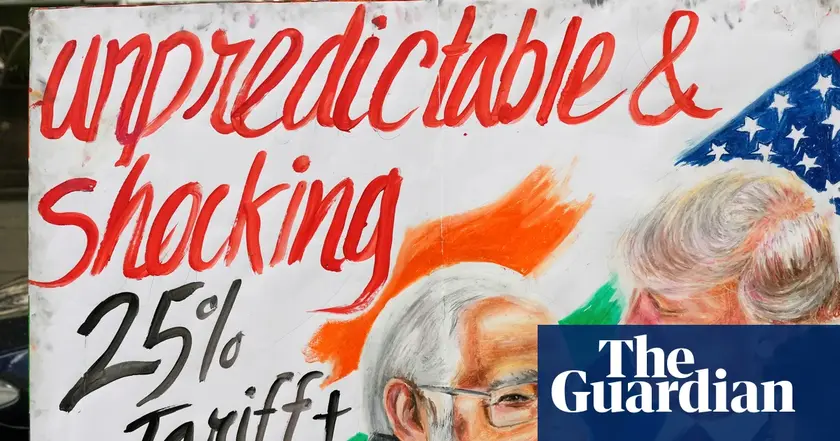
Trump demands India halt Russian oil imports
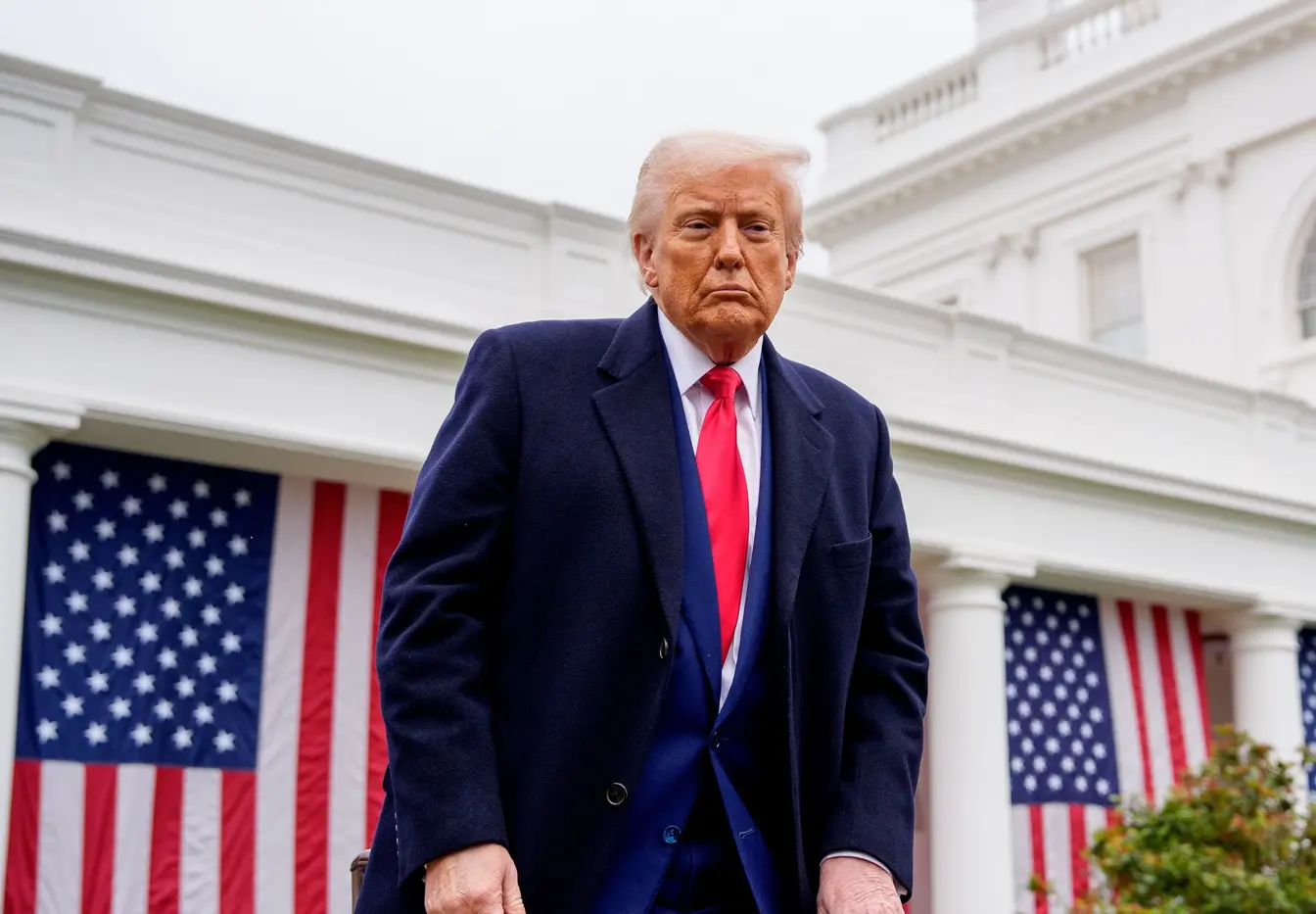
Trump imposes tariffs on Indian imports
